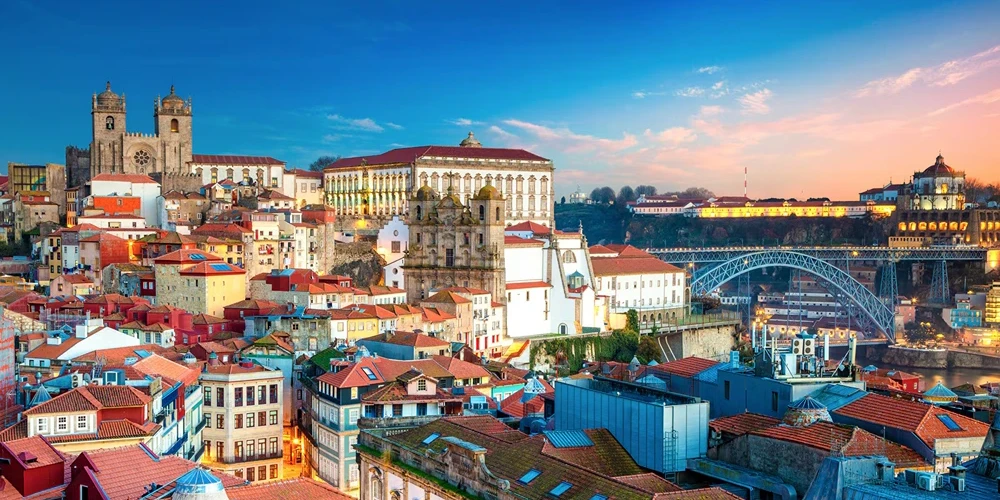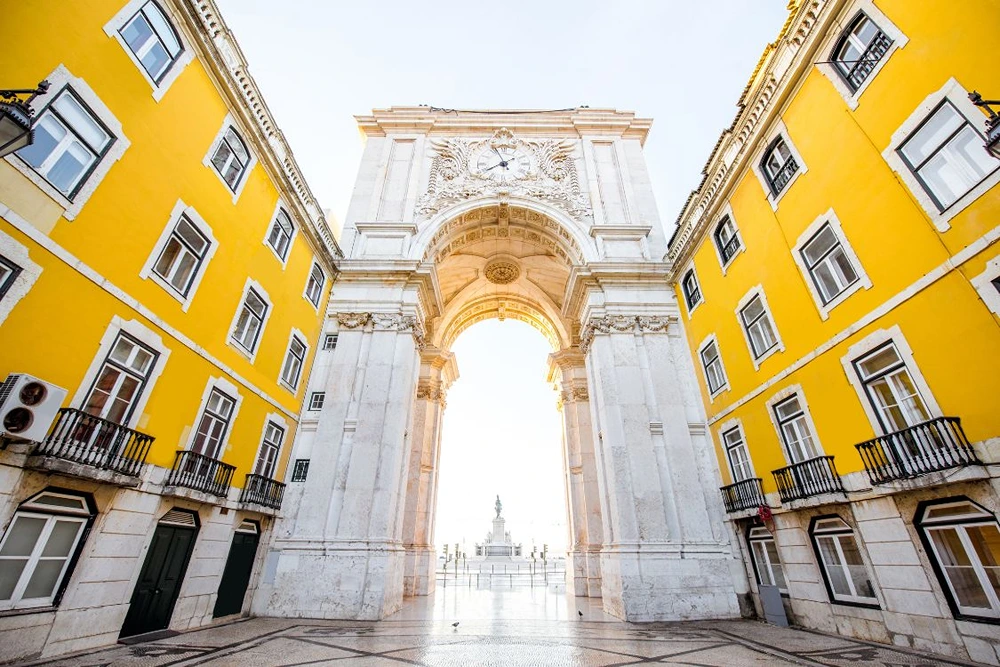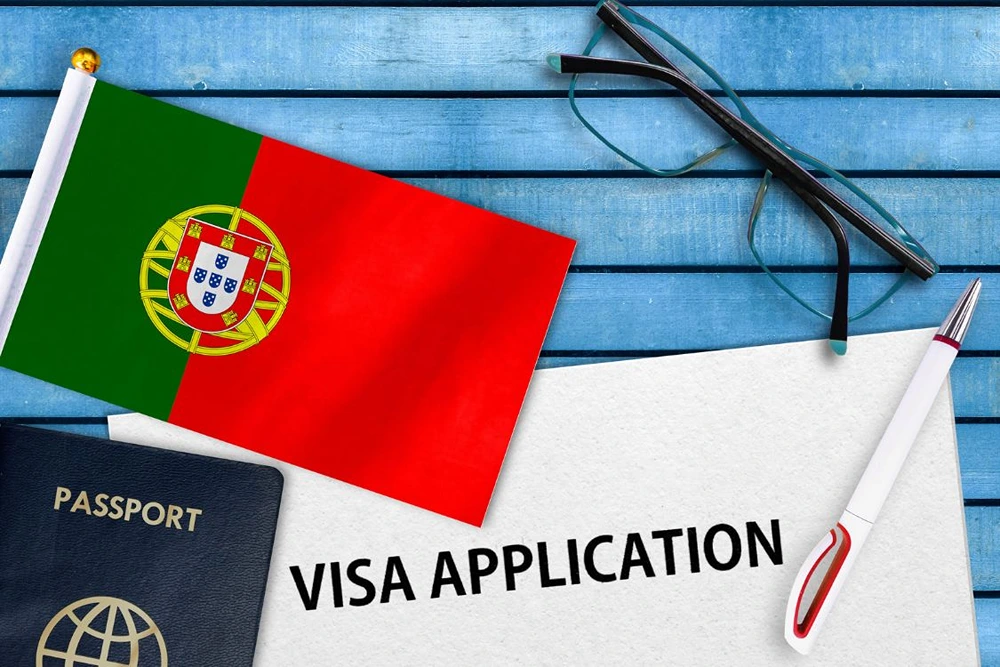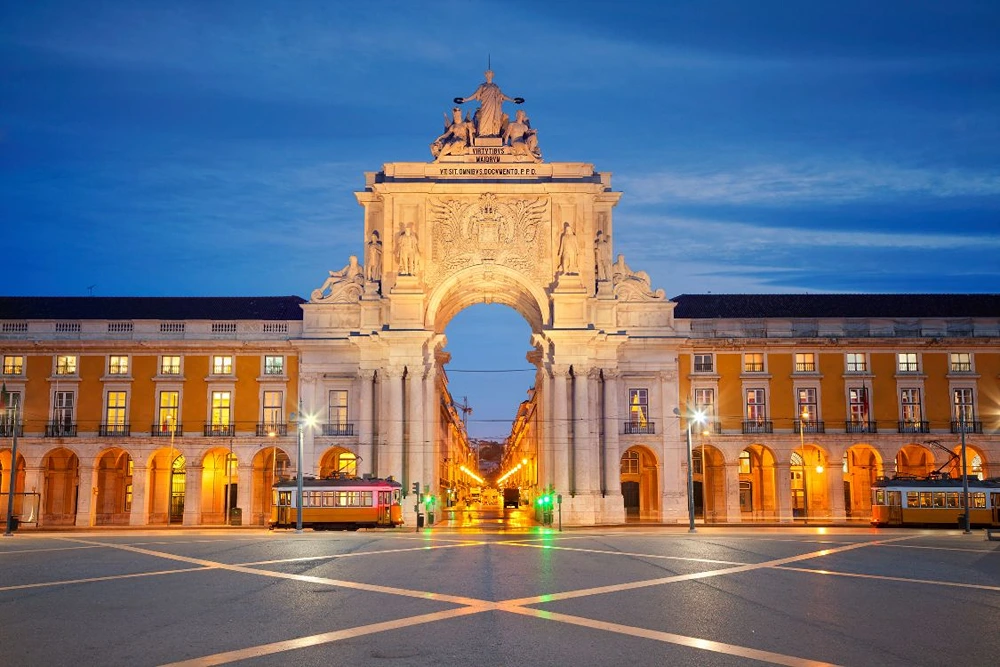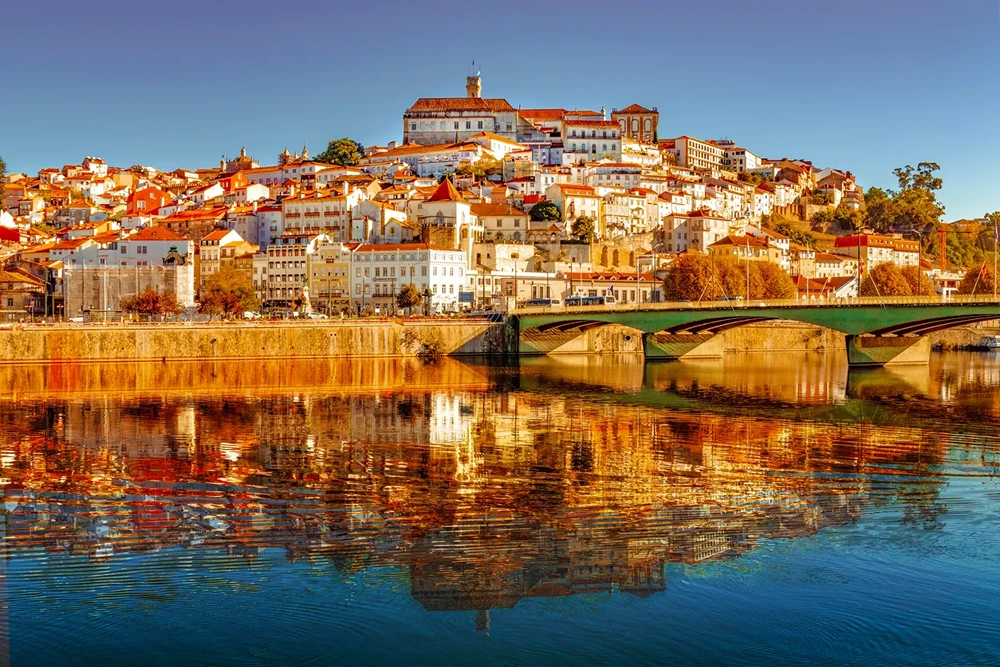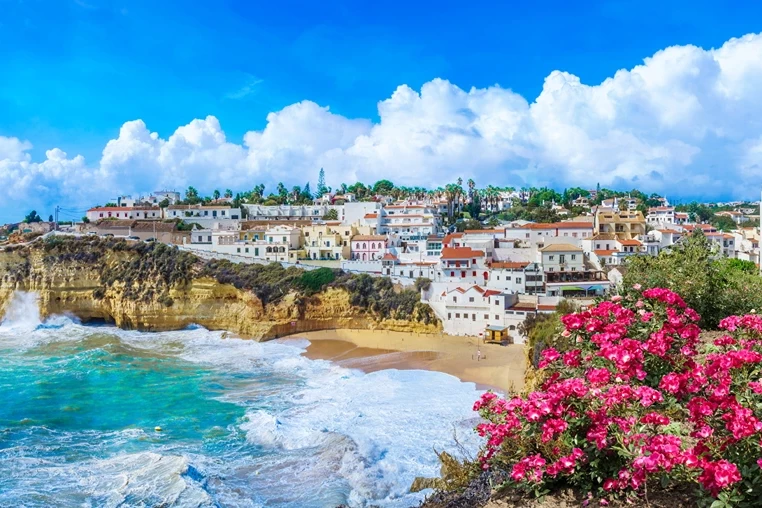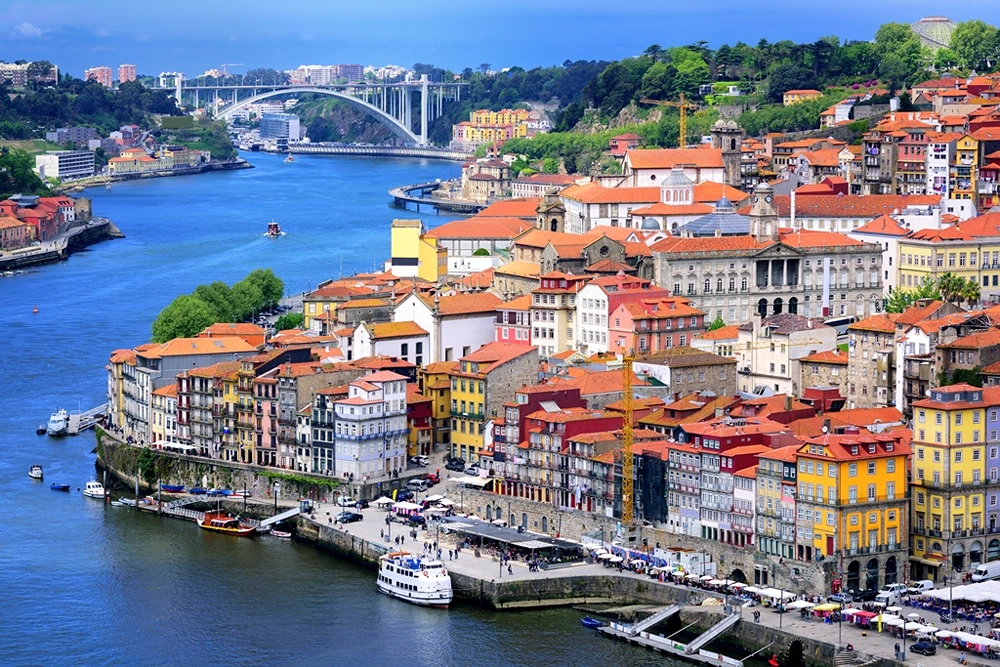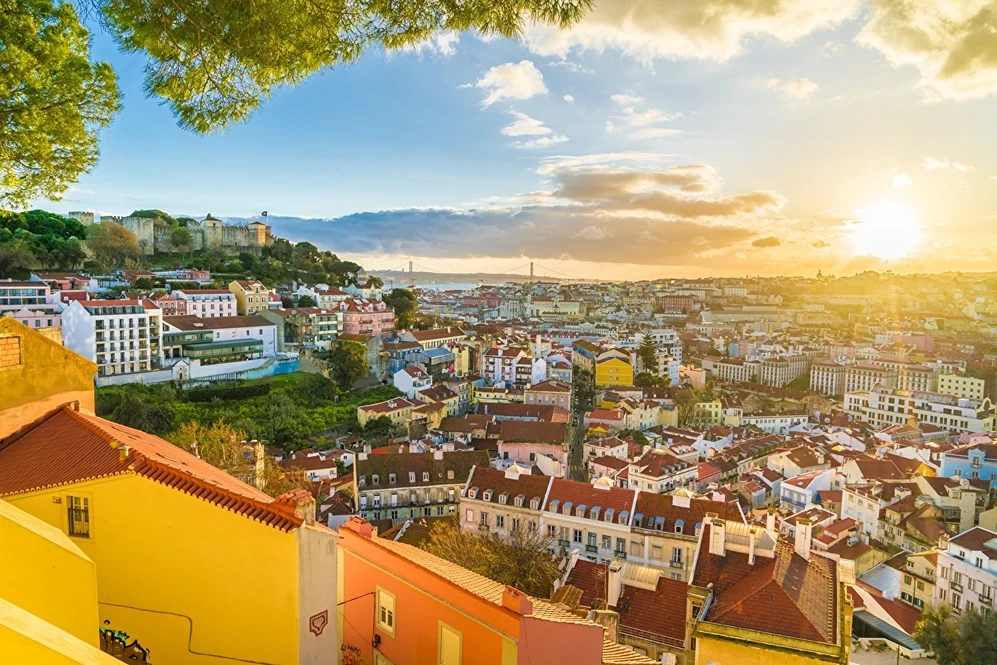Travel Resources
Before you embark on your Portuguese adventure, consider these valuable resources:
- Flights: Find affordable options to Portugal using our flight search tool.
- Travel Insurance: Ensure peace of mind with comprehensive coverage for your trip.
- Car Rental: Explore Portugal and its diverse regions at your own pace.
- Tours: Discover the best experiences with trusted local operators.
- Packing Checklist: Don’t forget essentials like comfortable shoes and a travel adapter.
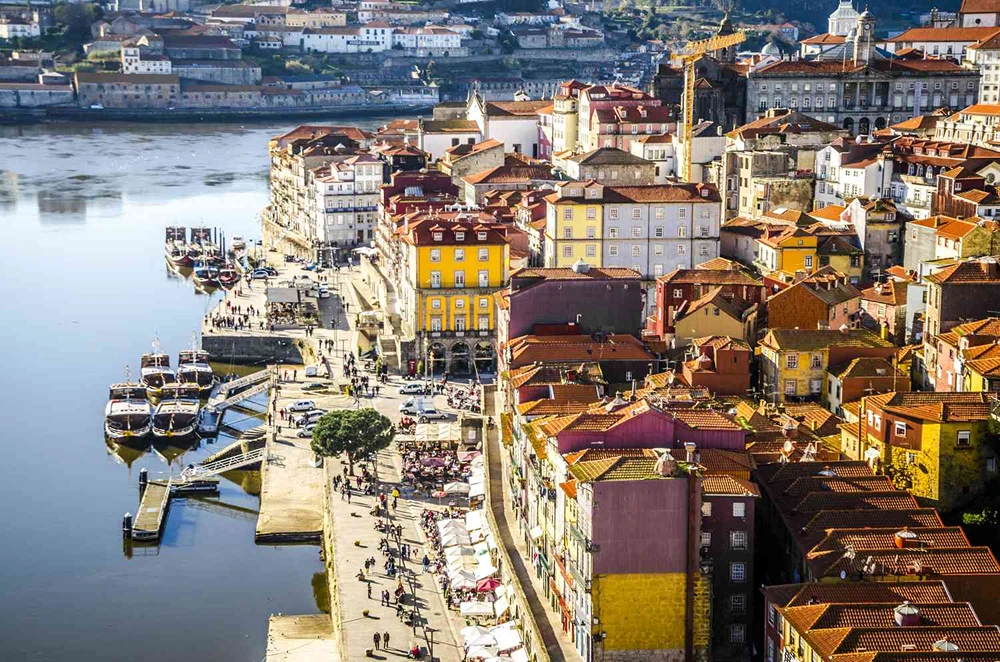
Some History First
Portugal’s history is a tapestry of maritime exploration, cultural exchange, and resilience. Founded as an independent kingdom in 1143, Portugal grew to become a major maritime power during the Age of Discoveries in the 15th and 16th centuries. Explorers like Vasco da Gama and Ferdinand Magellan led expeditions that changed the world, establishing a vast empire spanning from Brazil to parts of Africa and Asia. This era brought immense wealth to Portugal, funding the construction of magnificent monuments like the Belém Tower and Jerónimos Monastery. The country’s history is also marked by the devastating 1755 Lisbon earthquake, the end of the monarchy in 1910, and a period of dictatorship from 1926 to 1974. Today, Portugal’s diverse historical influences are reflected in its unique culture, architecture, and traditions, making it a living testament to centuries of global interactions.
Portugal Today
Today, Portugal stands as a popular tourist destination known for its world-class beaches, vibrant cities, and excellent cuisine. With a population of about 10 million, Portugal has emerged as a hub for innovation and creativity. The country hosts world-renowned events like Web Summit in Lisbon and NOS Alive music festival, cementing its status as a dynamic European destination. While preserving its historical heritage, Portugal embraces modernity with a booming tech sector, particularly in Lisbon, which has become a magnet for startups and digital nomads. The country continues to be recognized for its progressive policies, including a strong commitment to renewable energy. Portugal’s blend of traditional charm, contemporary innovation, and laid-back lifestyle makes it a versatile destination that appeals to history enthusiasts, beach lovers, and urban explorers alike.
Is Portugal Safe?
Portugal consistently ranks as one of the safest countries in the world for tourists. The Global Peace Index regularly places Portugal among the top 5 most peaceful countries globally. However, as with any popular tourist destination, it’s important to stay vigilant. Be aware of pickpocketing in crowded areas, especially in Lisbon’s public transport and popular tourist spots. It’s advisable to take standard precautions such as keeping valuables secure and being aware of your surroundings. Portuguese cities are generally well-lit and safe to explore even in the evening. The country’s welcoming atmosphere and low crime rates contribute to its reputation as a safe and comfortable destination for travelers.
Where is Portugal?
Portugal is strategically located on the western edge of the Iberian Peninsula in southwestern Europe. The country shares its eastern and northern borders with Spain and is bounded by the Atlantic Ocean to the west and south. Portugal’s mainland spans about 92,090 square kilometers (35,560 square miles) and features diverse landscapes, from the mountainous north to the rolling plains of the Alentejo and the famous beaches of the Algarve in the south. The country also includes the autonomous regions of Madeira and the Azores, two archipelagos in the Atlantic Ocean. This prime location has contributed to Portugal’s historical importance as a maritime nation and its modern appeal as a diverse tourist destination.
Latest Articles
From The Area
What is the Best Time to Visit Portugal?
Portugal can be enjoyed year-round, but certain seasons offer distinct advantages:
- Spring (March to May): Ideal weather for sightseeing with mild temperatures. Perfect for exploring cities and enjoying spring flowers.
- Fall (September to October): Pleasant weather and fewer crowds. Great time for wine tasting during the harvest season.
- Summer (June to August): Hot weather, especially inland. Busy season with crowded beaches but perfect for enjoying coastal areas and festivals.
- Winter (November to February): Cooler temperatures and occasional rain, but mild compared to northern Europe. Ideal for city breaks and winter sports in Serra da Estrela.
How to Get to Portugal & Around
Portugal is well-connected and easily accessible:
- By Air: Major airports include Lisbon (LIS), Porto (OPO), and Faro (FAO) with connections to cities worldwide.
- By Train: International trains connect Portugal to Spain. The country has an extensive rail network for domestic travel.
- By Bus: Long-distance buses offer budget-friendly options from various European cities.
Getting around Portugal:
- Trains: Efficient rail network connecting major cities and regions.
- Buses: Extensive network reaching smaller towns and rural areas.
- Metro: Available in Lisbon and Porto, efficient for city travel.
- Trams: Historic trams in Lisbon and Porto offer scenic city tours.
- Car Rental: Ideal for exploring countryside and smaller towns.
Things to Do in Portugal
Portugal offers an incredible array of attractions and activities:
- Lisbon: Explore historic neighborhoods, visit São Jorge Castle, and enjoy Fado music in Alfama.
- Porto: Tour Port wine cellars, stroll along the Ribeira district, and visit the iconic Livraria Lello.
- Sintra: Discover fairytale palaces and castles in this UNESCO World Heritage site.
- Algarve: Relax on stunning beaches and explore picturesque coastal towns.
- Douro Valley: Experience wine tasting and scenic river cruises in the birthplace of Port wine.
- Óbidos: Wander the streets of this charming walled medieval town.
- Fatima: Visit one of the world’s most important Catholic pilgrimage sites.
- Azores: Enjoy nature, whale watching, and volcanic landscapes in this Atlantic archipelago.
Where To Stay In Portugal
Portugal offers a wide range of accommodation options:
- Lisbon: Stay in historic Alfama, trendy Bairro Alto, or upscale Chiado.
- Porto: Consider the riverside Ribeira district or the central Baixa area.
- Algarve: Choose from resort towns like Albufeira or quieter spots like Tavira.
- Douro Valley: Stay in wine hotels or quintas for a unique experience.
- Alentejo: Enjoy rural tourism in converted farmhouses or historic pousadas.
Book well in advance, especially during summer months and for popular areas like Lisbon and the Algarve.
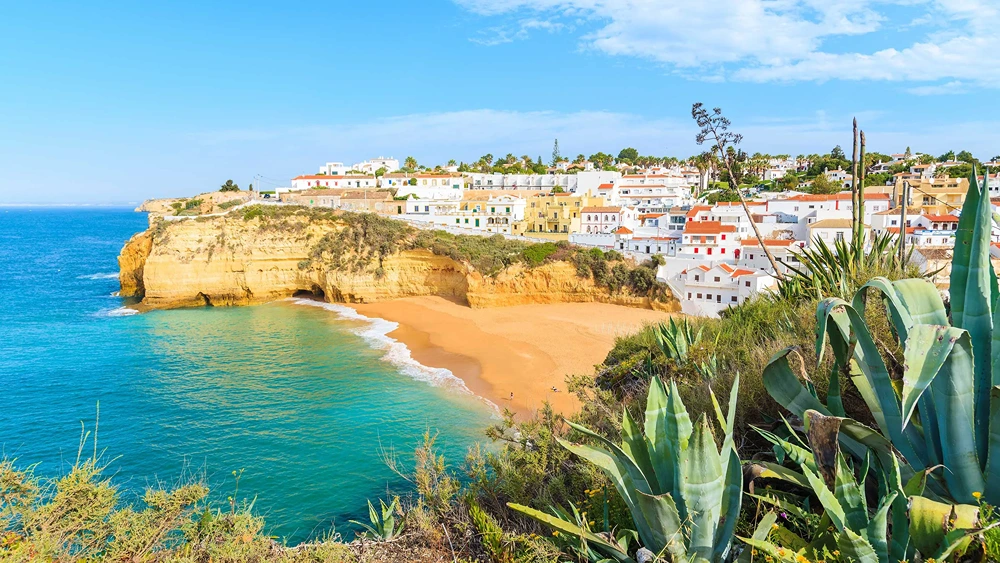
What To Eat In Portugal
Portuguese cuisine is a highlight of any visit:
- Bacalhau: Dried and salted cod, prepared in countless ways.
- Pastéis de Nata: Iconic custard tarts, a must-try sweet treat.
- Francesinha: A hearty sandwich popular in Porto.
- Sardinhas Assadas: Grilled sardines, especially popular during summer festivals.
- Caldo Verde: Traditional kale and potato soup.
- Port Wine: Famous fortified wine from the Douro Valley.
- Vinho Verde: Young, slightly sparkling wine from the north.
Don’t miss the chance to enjoy fresh seafood along the coast and try regional specialties in local tascas (traditional restaurants).
Entry & Exit Requirements
As part of the European Union and the Schengen Area, Portugal follows common EU border policies:
- EU citizens: Can enter with a valid ID card or passport.
- Non-EU citizens: Generally need a valid passport and may require a Schengen visa. Check specific requirements based on your nationality.
- Stays longer than 90 days: May require a long-stay visa or residence permit.
Always check the latest entry requirements before your trip, as they can change.
What To Pack For Your Trip
Consider these essentials when packing for Portugal:
- Comfortable walking shoes for exploring cities and historic sites
- Light, breathable clothing for summer; layers for spring and fall
- Swimwear and sunscreen for beach visits
- Travel adapter for European outlets
- Portuguese phrasebook or language app
- Light jacket or sweater, even in summer, for cooler evenings
- Reusable water bottle to stay hydrated
Remember to pack any necessary medications and a copy of your travel insurance.
FAQs
The official currency of Portugal is the Euro (EUR).
While Portuguese is the official language, many locals in tourist areas speak English.
Tipping is appreciated for good service. Leave a small tip (5-10%) at restaurants if satisfied with the service.


